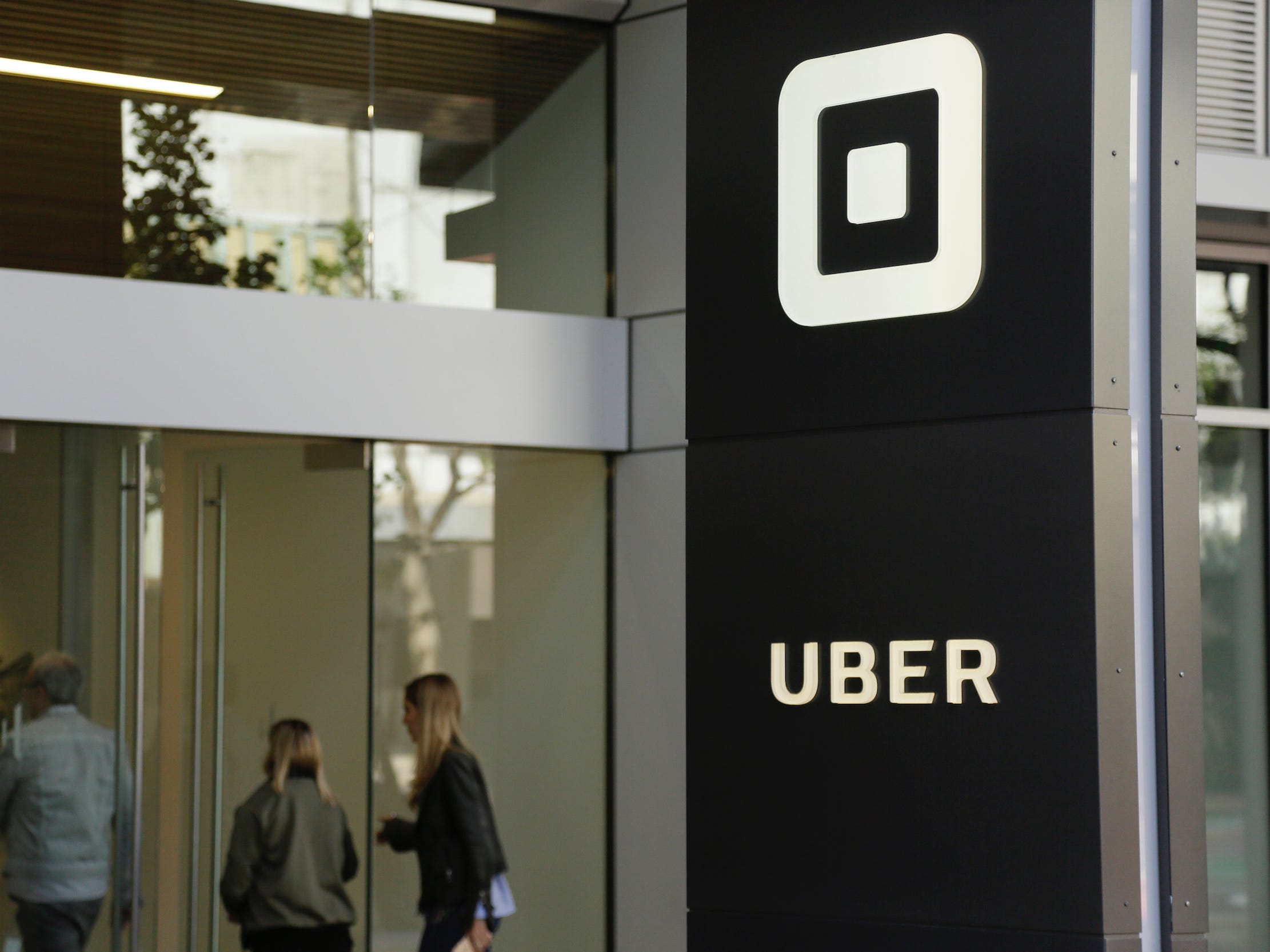
- Uber is buying Drizly for $1.1 billion, the companies said in press release on Tuesday.
- Drizly has been called the “Uber for alcohol delivery” and marks another step for Uber into delivery apps.
- Last year, Uber acquired food and grocery delivery startup Postmates for $2.6 billion.
- Visit Business Insider’s homepage for more stories.
Uber will acquire the alcohol delivery company Drizly for $1.1 billion in both stock and cash, the companies announced in a press release Tuesday.
Drizly will eventually integrate with the company’s Uber Eats app, but it will also maintain its own Drizly app, per the release. Drizly has been called the “Uber for alcohol delivery.”
“By bringing Drizly into the Uber family, we can accelerate that trajectory by exposing Drizly to the Uber audience and expanding its geographic presence into our global footprint in the years ahead,” Uber CEO Dara Khosrowshahi said in the press release.
The deal is expected to finalize by this summer, with more than 90% of the sum being paid to Drizly stockholders in the form of Uber common stock. The deal is “subject to regulatory approval,” per the release.
Drizly did not immediately respond to Insider’s request for comment. Uber declined to comment further beyond the press release.
The acquisition is another foray on Uber's part into delivery apps - its Uber Eats service competes with the likes of DoorDash and Seamless. It shelled out $2.6 billion in an all-stock deal for food-delivery startup Postmates last July.
Uber was reportedly in talks to buy Grubhub for $7.3 billion in June 2020 but lost to the European food-delivery company Just Eat Takeaway. Uber backed away from the deal over antitrust concerns, according to a CNBC report from June.
US officials had spoken out against any such deal between Uber and Grubhub in May of last year, with some Democratic lawmakers even writing a letter advocating against it. An Uber merger with Grubhub would have given the rideshare giant control of about half of the overall food delivery market, per data from the research firm Edison Trends.
